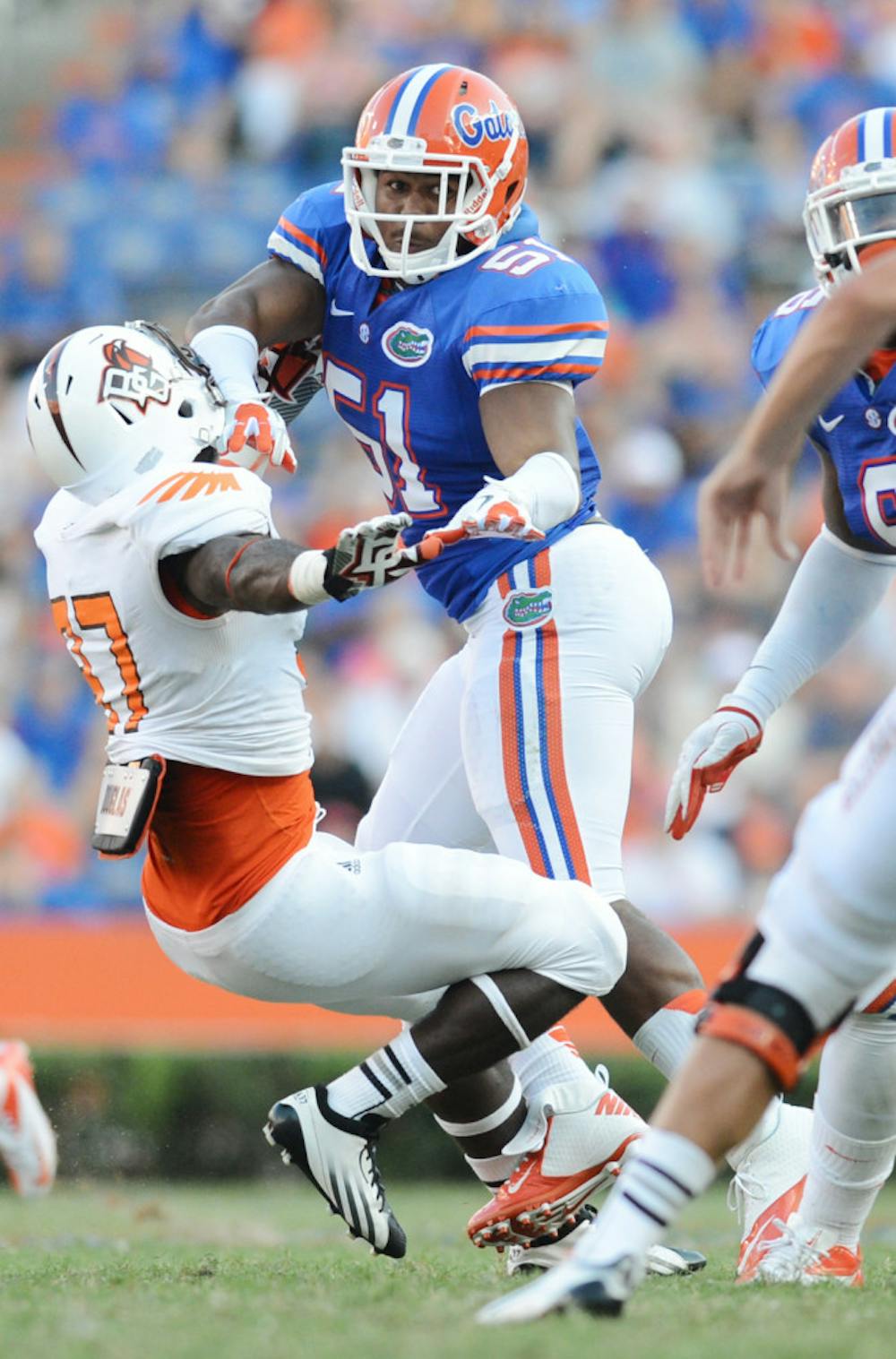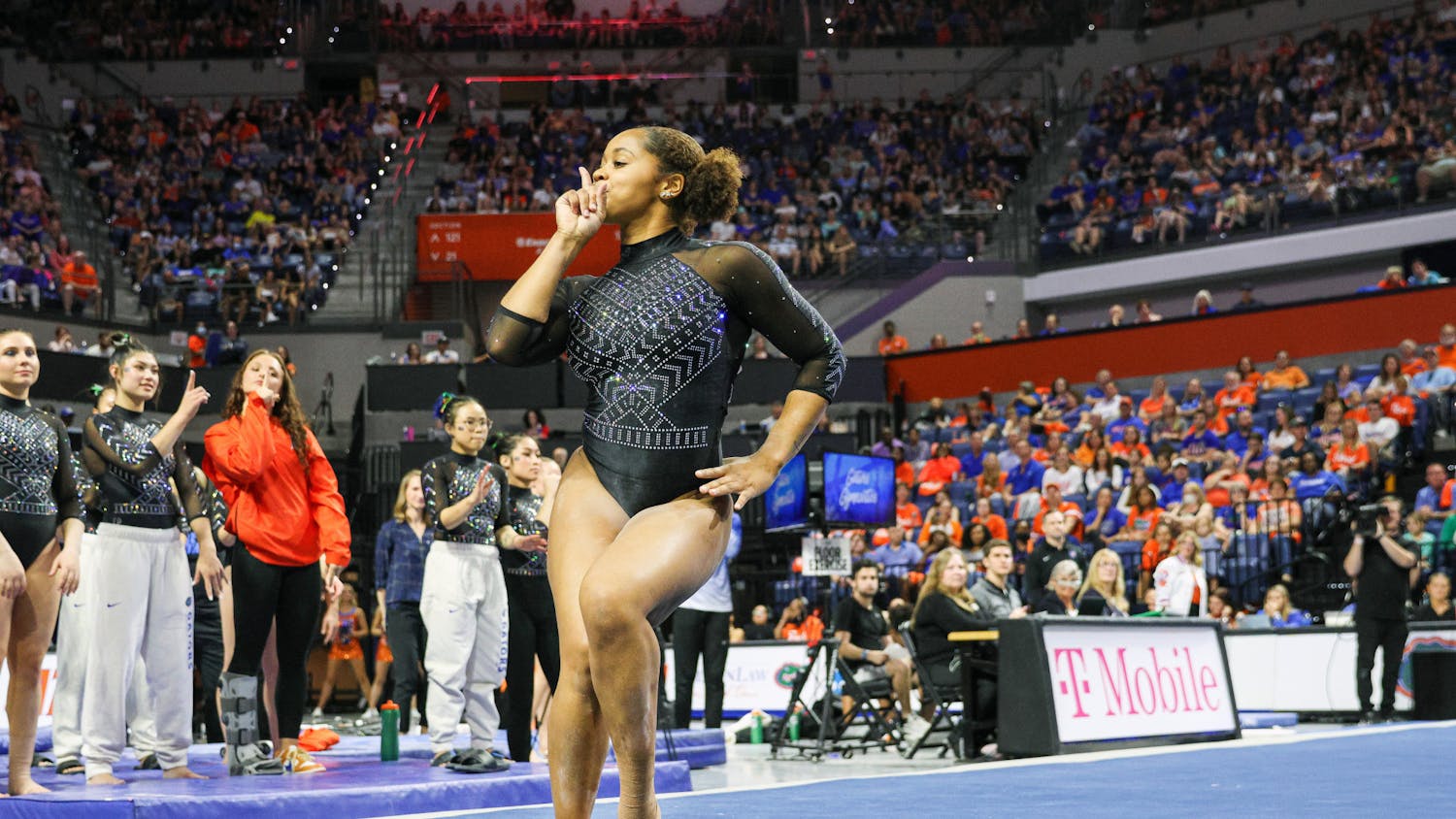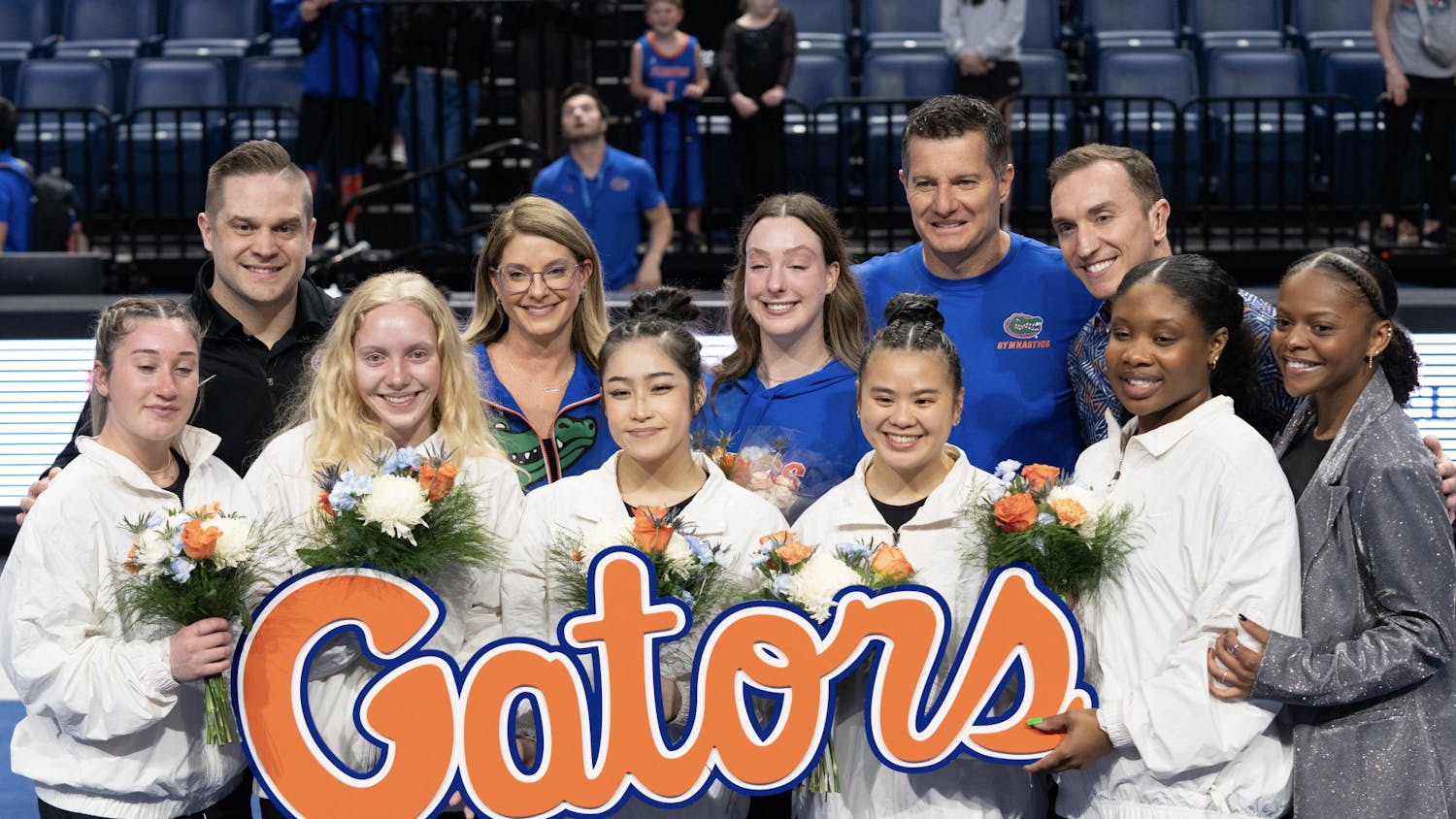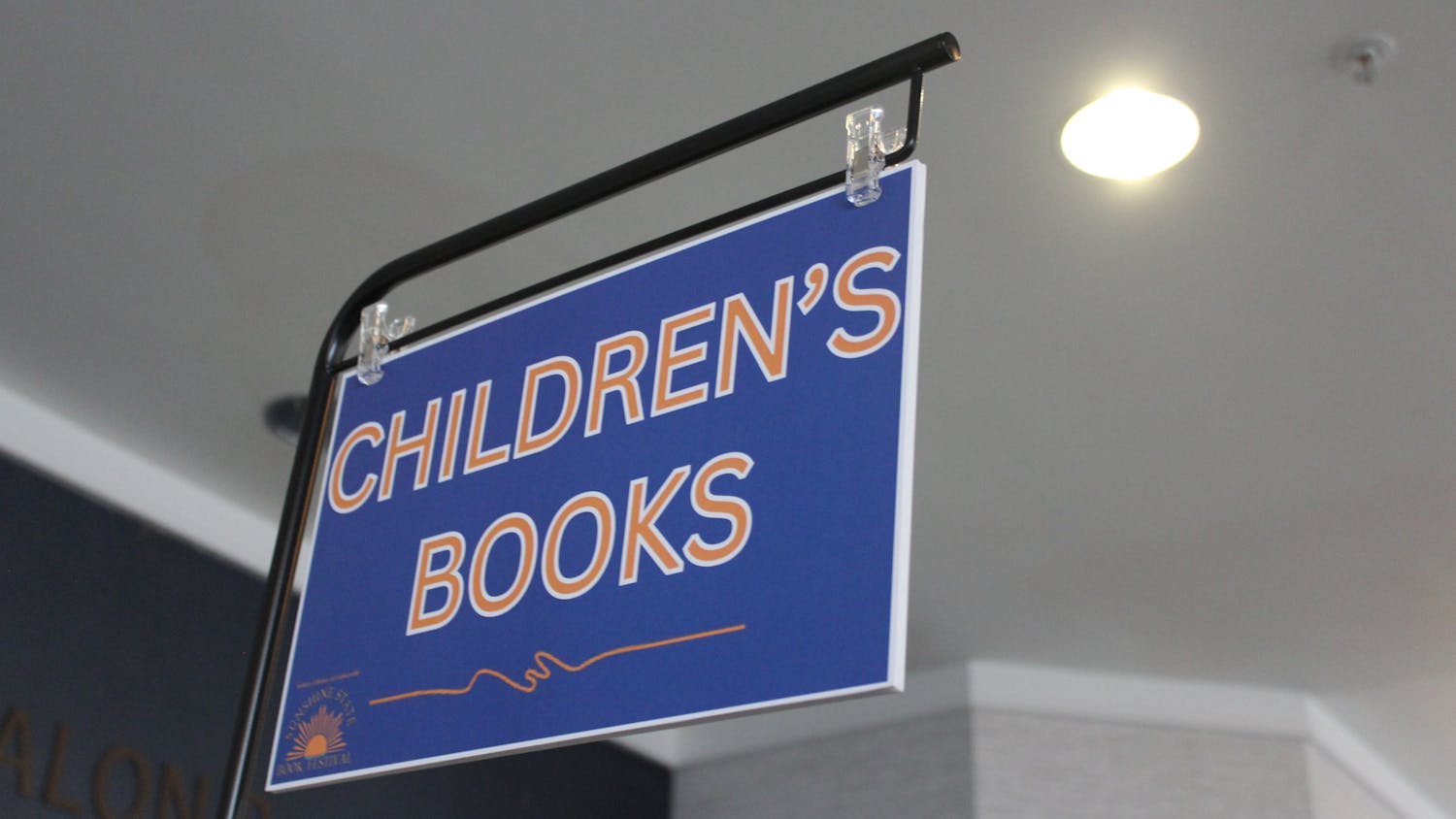Florida has not played a down of football in the 2013 season, but coach Will Muschamp has made it clear he is already not in favor of the NCAA’s new "targeting" rule.
Hoping to increase player safety, the NCAA stiffened the consequences for illegal hits this season.
"I don’t know what was wrong with what we were doing before," Muschamp said Friday.
Players deemed by officials to have "targeted" an opposing player during a hit will now be ejected from the game in addition to receiving a 15-yard penalty.
If the hit occurs during the second half, the offending player must sit out the first half of his team’s next game as well.
"I don’t like the rule," Muschamp said. "I think it puts too much on the officials, I think it puts too much on the replay booth and too much pressure on them to air in a way that I don’t think helps our game."
The amplification of the rule presents a slippery slope for officials, who will be asked to make game-changing judgments in seconds.
The replay booth can review targeting penalties and overturn ejections, but that has not reassured Muschamp or many defensive players.
"It’s like we gotta play with pillows now," linebacker Michael Taylor said. "I understand they are trying to make the game safer, but come on."
Taylor was emphatic when saying the rule change is not something he has been conscious of during practice, nor will it be something he thinks about when Florida opens the regular season against Toledo on Saturday.
"If that’s the case (thinking of the rule change), that’s when people get hurt, I feel," Taylor said. "I’m just going to react and play. … If a receiver is coming across the middle and I got a clean shot on him, I don’t feel as though … I’ll react any differently."
Friday was the second time this offseason Muschamp has griped about the rule change.

In early August, Steve Shaw, the head of officials for the Southeastern Conference, met with UF to explain rule changes. Following the meeting, Muschamp voiced his concern with how the rule will alter how the game is called.
"Based on the information I’ve gotten, they are going to err on throwing the flag," Muschamp said Aug. 5.
"To me, if a guy is maliciously trying to take a shot, then yeah, he needs to be ejected from the game. I’ve got no problem with that.
"But some of these plays are bang-bang plays. It’s a receiver going across the middle, he gets low, we’re trying to lower our target, (and) all of a sudden there is helmet-to-helmet contact. Well, whose fault is that? Those are situations to me that are a little bit gray. That’s where it gets tough."
What type of hit will fall under the new targeting rule legislation?
According to a document produced by College Football Officiating, LLC, if officials observe any of the following incidents, the risk of a targeting foul being called is high:
-Launching toward an opponent to make contact in the head or neck areas.
-A crouch followed by an upward and forward thrust with contact at the head or neck area, even though one or both feet are still on the ground.
-Leading with the helmet, forearm, fist, hand or elbow into the head or neck area.
-Lowering the head before attacking by initiating contact with the crown of the helmet.
To avoid being flagged and ejected, the same document suggests players avoid contacting opposing players with the crown of their helmet and instead attempt to wrap-up ball carriers. Incidental helmet contact due to players changing position during the play will not be deemed a penalty.
Given the lack of clarity surrounding the new rule, controversy is likely to ensue as players learn to adjust their habits.
"You can’t hold back," Taylor said. "That’s when you give up plays, give up big plays, (and) give up touchdowns. You can’t think when you are on the field. You just have to react. Sometimes it is out of our hands."
Follow Phil Heilman on Twitter @phillip_heilman.
Florida linebacker Michael Taylor blocks an opponent during UF’s 27-14 victory against Bowling Green on Sept. 1, 2012.






